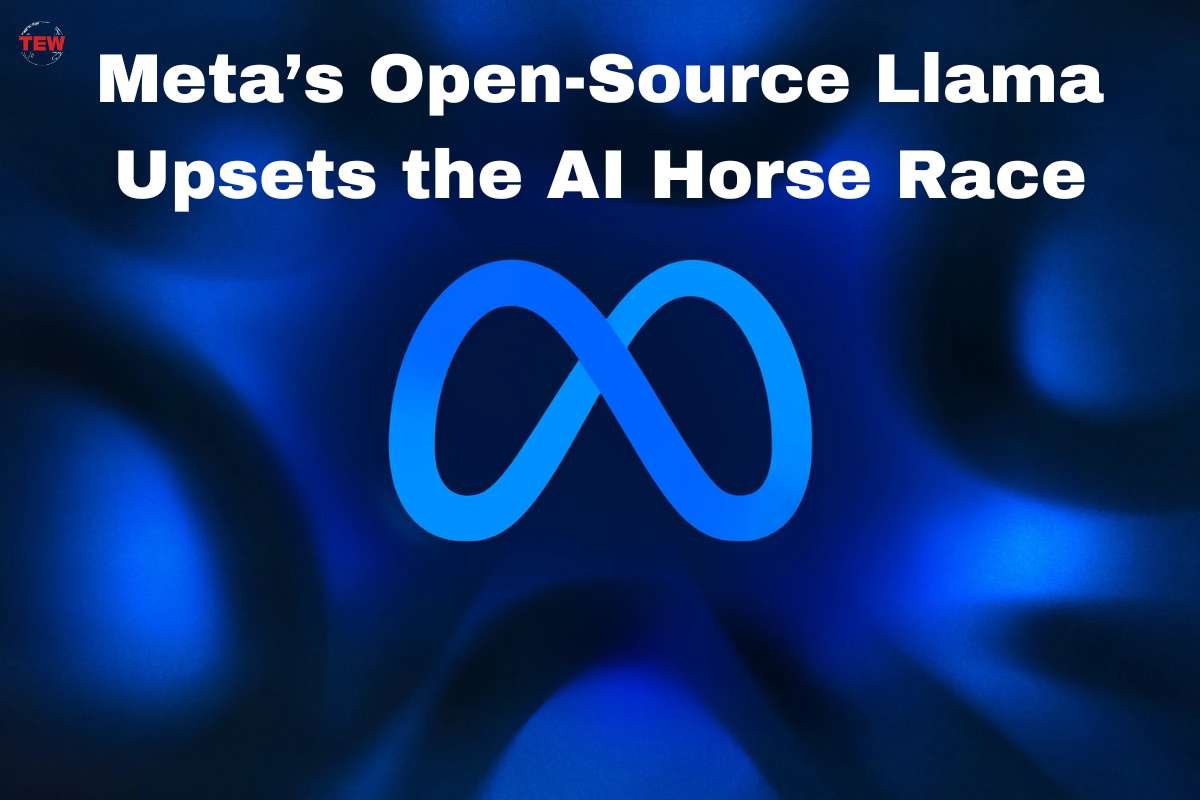In May, an unidentified memo purportedly authored by a Google researcher expressing concerns about the company’s future surfaced on the internet. The memo highlighted the company’s preoccupation with the competitive threat of OpenAI’s text-generation technology while neglecting the impact of open-source software, which was rapidly gaining ground.
The memo pointed to Llama, a sizable language model developed by Meta, which was initially accessible only to researchers by invitation. However, it quickly leaked on 4Chan and became popular among programmers who adapted and built upon the project. Within a short period, variants like Alpaca and Vicuna emerged, nearly matching the capabilities of ChatGPT but offering greater flexibility for customization on a laptop. The leaked Google memo emphasized the significant impact this open-source model had on the community, enabling anyone to experiment with it.
Released the second version of Llama
Recently, Meta released the second version of Llama, called Llama 2. Unlike its predecessor, Llama 2 is open source and available for free commercial use right from the start. This new version was created using 40 percent more data than the original and is claimed to generate results on par with OpenAI’s ChatGPT in terms of performance.
While other generative AI models, such as Google’s Bard, have also been released, they are not available for free like Meta’s Llama 2. This makes Llama 2 an attractive option for developers, startups, and individuals interested in creating customized versions of the model. The availability of a cost-effective option like Llama 2 could potentially accelerate the current AI boom by empowering smaller companies and individual coders to develop new products and services.
Meta has garnered support from major partners that are making Llama 2 accessible to their customers, including AI startups like Hugging Face, Databricks, and OctoML. Even Microsoft, which has invested heavily in OpenAI, will provide Llama 2 downloads to developers for use in the cloud or on Windows. Amazon’s AWS also offers access to Llama 2.
Ahmad Al-Dahle, Meta’s vice president for generative AI, declined to comment on the role the leak of the first Llama model played in the company’s new strategy for Llama 2. However, he emphasized Meta’s longstanding support for open-source initiatives, pointing to their earlier efforts with PyTorch, a popular tool for developers working with machine learning.
Microsoft and Meta Team Up on Open-Source AI Tool (Llama 2)
A leader in open-source AI
While Llama 2 establishes Meta as a leader in open-source AI, certain aspects of the release are not fully transparent. The training data used to create the model is described only as “publicly available online sources,” and Meta has chosen not to disclose further details about its composition.
Meta requires companies with more than 700 million monthly active users to establish a separate license agreement for Llama 2, though the reason behind this clause remains unclear. This requirement creates a potential barrier for other tech giants seeking to build upon the system. Additionally, the model is subject to an acceptable use policy, which prohibits activities such as generating malicious code, promoting violence, or enabling criminal behavior, abuse, or harassment. However, Meta has not specified the actions it might take if Llama 2 is used in violation of this policy.
Jon Turow, an investor at Madrona Ventures in Seattle, believes that Meta’s shift from restricting distribution of the first Llama model to open-sourcing the second could lead to a wave of creativity using large language models. He suggests that resourceful developers and entrepreneurs will explore the possibilities of Llama 2, comparing Meta’s move to Google introducing the Android mobile operating system as a counterbalance to Apple’s iOS. By offering a powerful yet affordable alternative, Meta aims to stimulate innovation that could yield ideas to enhance its own products and services.
A startup is known for releasing open-source machine-learning software
Nathan Lambert, an AI researcher at Hugging Face, a startup known for releasing open-source machine-learning software, including generative models, acknowledges that Llama 2 is the first openly released model on par with ChatGPT. However, he believes it is not entirely open source due to Meta’s limited disclosures about its development. Nonetheless, he is amazed by the numerous Llama 2 variations he observes on social media, such as the latest version of WizardLM, a system similar to ChatGPT designed to follow complex instructions. Many of the current trending models on Hugging Face, particularly those for generating conversational text, are based on Llama 2.
Lambert considers Llama 2 to be a significant event in the AI world, suggesting that while proprietary models currently hold an advantage, future versions of Llama could catch up and perform most tasks that people currently rely on ChatGPT for.





